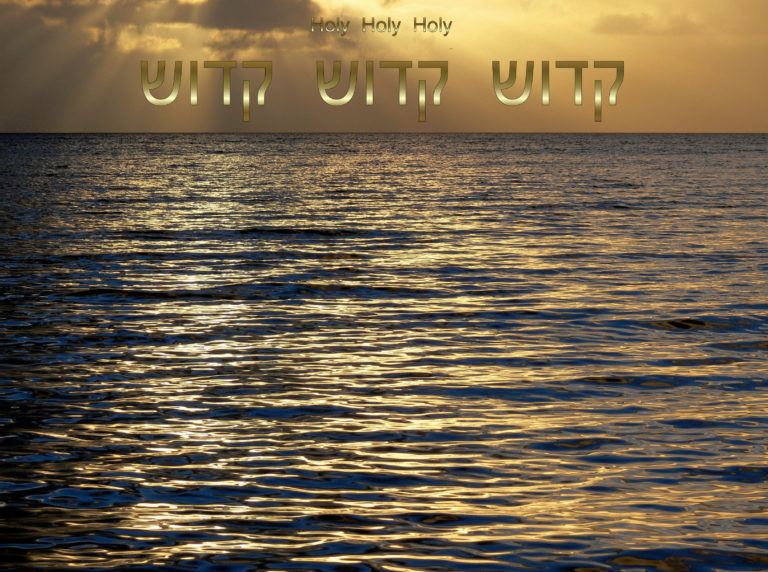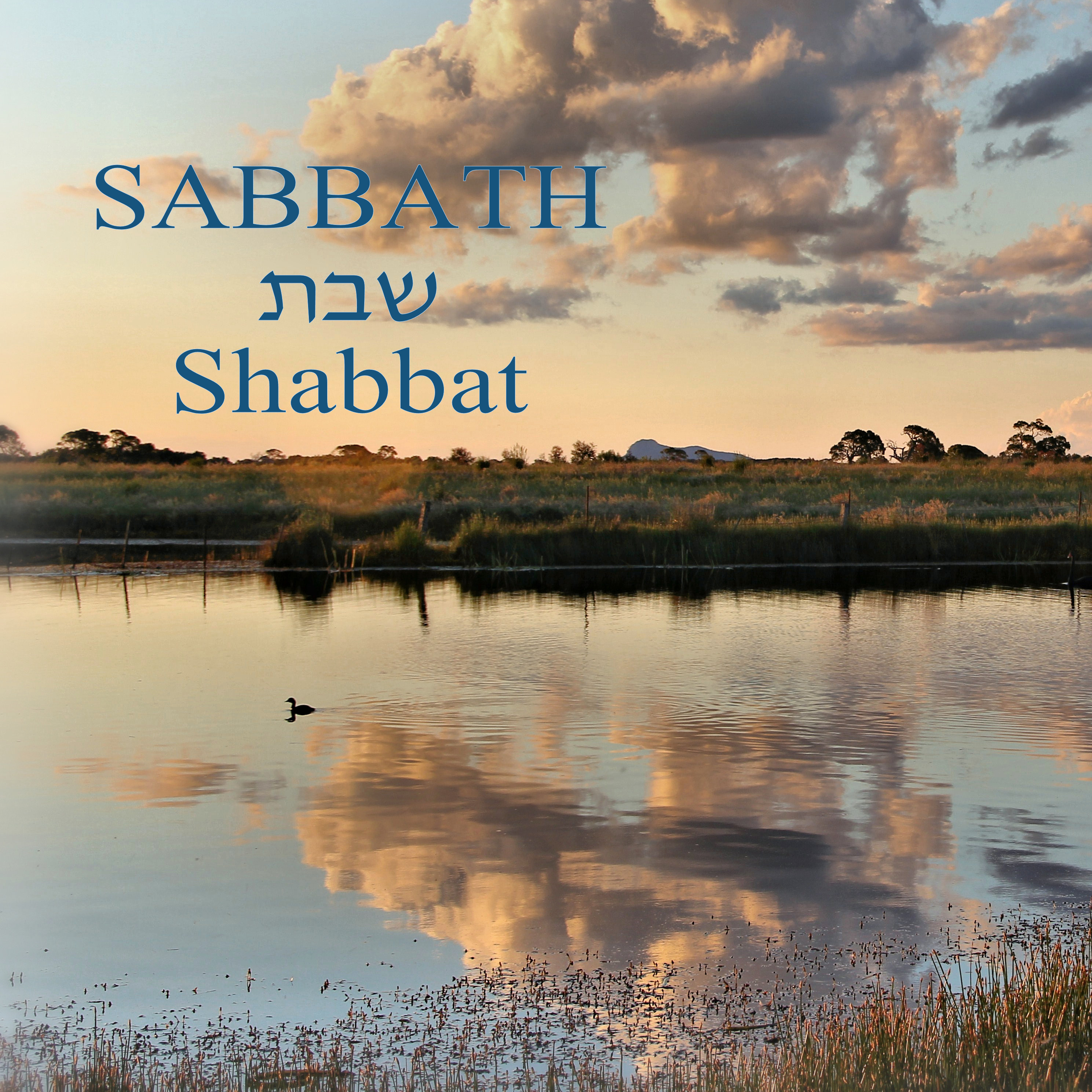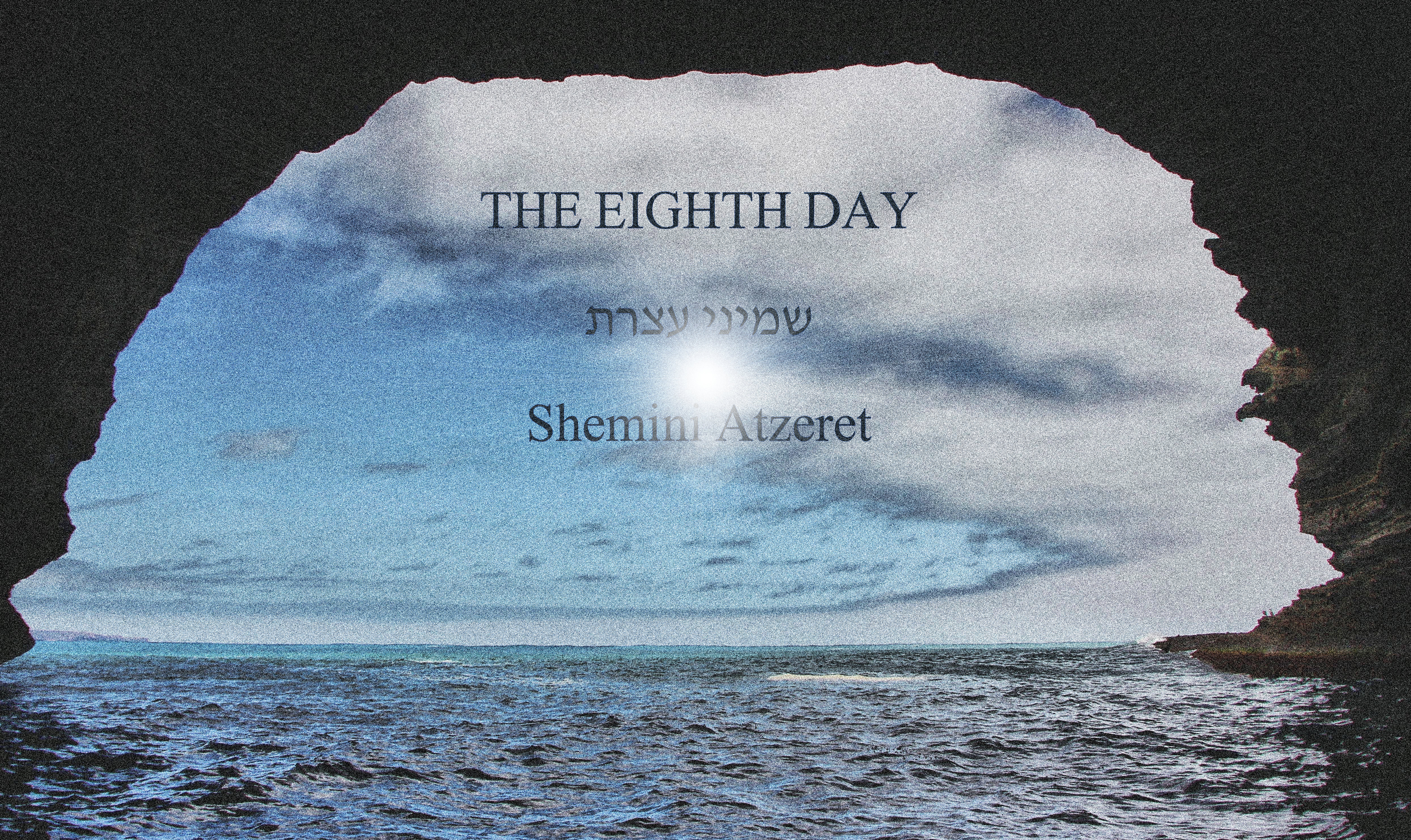There were six cities throughout the land of Israel that were designated in the Torah as places of refuge. What was their purpose – and are we in need of a “City of Refuge” today?
more “Exile in the City of Refuge”Author: Marcus G
“Our Help is Found Only in Him”
Based on Hosea 13 & 14
more ““Our Help is Found Only in Him””Yom Teruah 2018
Enoch & Elijah – Dead or Alive?
Yeshua once said, “No man has ascended up to heaven but He that came down from heaven, even the Son of Man which is in heaven.” (John 3:13)
Did you catch that? No man has gone to heaven, but Yeshua Himself! That’s a pretty clear statement, but it raises an issue with two men from Scripture who we have been taught went straight to heaven without dying – namely Enoch and Elijah. If Yeshua’s statement is true, and we know He doesn’t lie, then on face value it means Enoch and Elijah apparently didn’t go straight to heaven. Let’s examine this to see if there can be any plausible answer to this dilemma.
more “Enoch & Elijah – Dead or Alive?”Holy Holy Holy
In Isaiah 6:3 we read that seraphim in the heavenly temple cried out “Holy, holy, holy is YHWH of hosts – the whole earth is full of His glory”. Then, in Revelation 4:8, we find four strange beasts declaring day and night, “Holy, holy, holy, Lord GOD Almighty, which was, and is, and is to come”. These two passages are the only places in Scripture where we see YHWH called holy with a triple exclamation. In fact, no other attribute is declared in triple form like this. Clearly He is the Holy one! But that begs the question – what is meant by “holy”?
more “Holy Holy Holy”The Sabbath שבת Shabbat
Although I’ve left it until last, the very first of the Moedim is mentioned in verse three of Leviticus 23:
“Six days shall work be done: but the seventh day is the sabbath of rest, an holy convocation; ye shall do no work therein: it is the sabbath of YHWH in all your dwellings.”
more “The Sabbath שבת Shabbat”The Eighth Day שמיני עצרת Shemini Atzeret
This final Appointed Time/moed for the year is often a forgotten one. It is usually lumped in with Sukkot/Feast of Tabernacles, making the feast eight days long. However, reading Lev 23:36, we see that Sukkot is clearly a seven day feast, with the eighth day then being a day of a solemn assembly and no work, in its own right.
more “The Eighth Day שמיני עצרת Shemini Atzeret”Feast of Tabernacles סכות Sukkot
Sukkot, the Feast of Tabernacles or Booths, begins on the 15th day of the seventh Scriptural month, and is a seven day long moed/appointed time. The first day is a day of rest, and there were sacrifices ordained for each of the seven days. Every seven years, the Torah was to be read publicly to the people, and it was to be a time of great rejoicing (actually commanded, Deut 16:14) because of the blessings and increase that YHWH had given His people. By this time of year, all the produce of the land would have been harvested and stored, so it was a real time of thanksgiving. (Interestingly, there is some evidence to suggest that the original Thanksgiving that the pilgrims had in America was a Sukkot celebration.)
more “Feast of Tabernacles סכות Sukkot”Day of Atonement יום כפור Yom Kippur
Yom Kippur is the moed/appointed time that occurs on the tenth day of the seventh Scriptural month. It would actually be more correct to call the day Yom Kippurim, or Day of Atonements, as Scripture always has the plural form. It is considered to be the most solemn day of the year and is a day of total rest from work. Offerings were made and it was commanded that “ye shall afflict your souls” (See Lev 23:26-32). Because of this command, it is considered to be a day of fasting and denying personal pleasures. It is worth noting that YHWH states that Yom Kippur “shall be a statute forever throughout your generations”!
more “Day of Atonement יום כפור Yom Kippur”Day of Trumpets יום תרוה Yom Teruah
The Day of Trumpets begins on the first day of the seventh Scriptural month. It is known today by the Jews as Rosh Hashanah – the beginning of their new year. This is not a Scriptural reckoning by any means, as the month YHWH proclaims as the first of the year is clearly the month that contains Passover.
more “Day of Trumpets יום תרוה Yom Teruah”





